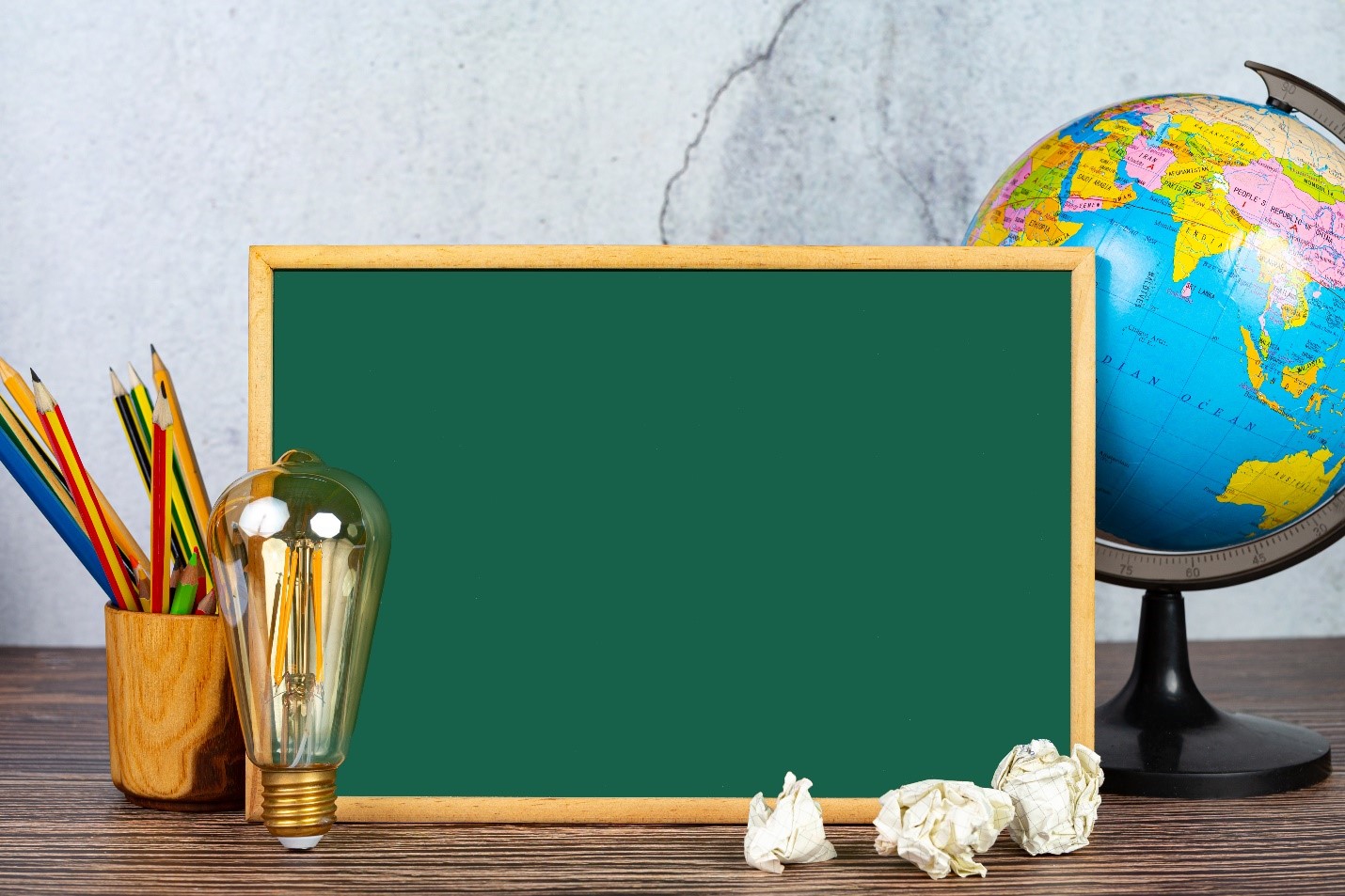Education is a human right, as well as a public good and obligation. On 3rd December 2018, the United Nations General Assembly passed Resolution 73/25, declaring January 24th as International Day of Education, in recognition of the importance of education for peace and development.
Today, 258 million children and adolescents do not attend school; 617 million children and adolescents are unable to read or perform basic math; less than 40% of girls in Sub-Saharan Africa finish lower secondary school, and four million children and youth refugees are unable to attend school. It is outrageous that their right to education is being infringed. Countries will not be able to achieve gender equality and break the cycle of poverty that is trapping millions of children, youth, and adults if they do not provide inclusive and equitable quality education and lifelong opportunities for everyone.
Article 26 of the Universal Declaration of Human Rights guarantees the right to education. Free and compulsory primary education is demanded in the declaration. The 1989 Convention on the Rights of the Child goes much farther, stating that countries must make higher education available to all people. When the international community adopted the 2030 Agenda for Sustainable Development in September 2015, it acknowledged that education is critical to achieving all 17 of the agenda’s goals. By 2030, Sustainable Development Goal 4 intends to “provide inclusive and equitable quality education for all” and “encourage lifelong learning opportunities for all.”
The Theme of International Education Day 2022
Today is the fourth International Day of Education, and the theme for this year’s event is “Changing Course, Transforming Education.” The celebration, organized by the United Nations Educational, Scientific, and Cultural Organization (UNESCO), aims to highlight the most significant changes that must be nurtured in order to realize everyone’s fundamental right to education and to build more sustainable, inclusive, and peaceful futures.
Transforming the future, as outlined in UNESCO’s recent global Futures of Education report, necessitates an urgent rebalancing of our relationships with one another, with nature, and with technology, which pervades our lives and offers unprecedented opportunities while also raising serious concerns about equity, inclusion, and democratic participation.
The Significance of International Education Day
The goal of the International Day of Education 2022 is to spark discussion about how to strengthen education as a public good, how-to guide the digital transformation, support teachers, protect the environment, and unleash the potential of every individual to contribute to collective well-being and our shared home.
This year’s International Day of Education will serve as a showcase for the most essential changes that must be nourished in order to realize everyone’s fundamental right to education and build more sustainable, inclusive, and peaceful futures.







